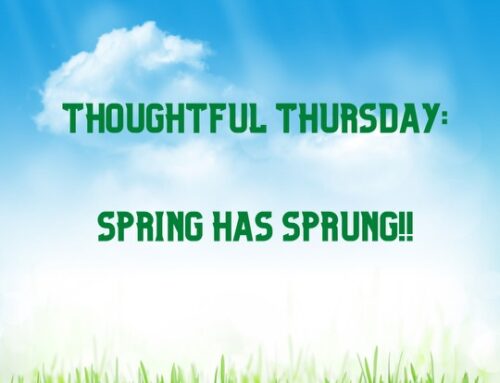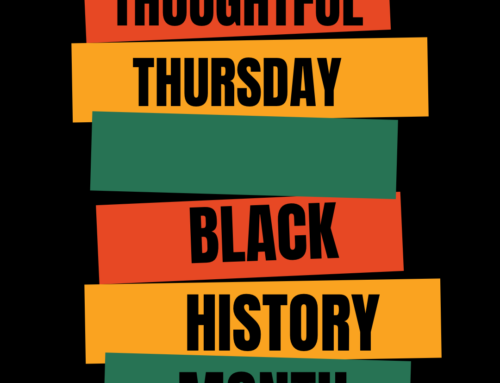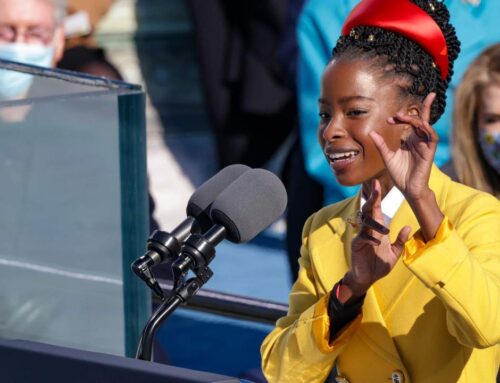With Father’s Day coming up on Sunday, today’s Thoughtful Thursday pays tribute to dads. In “Only a Dad” Edward Albert Guest pays tribute to all of the fathers who work hard to support the families who love them. Martin Espada describes witnessing his father’s bravery as a child in “The Sign in My Father’s Hands”. Li-Young Lee passes on a favorite lesson learned from his father. And we end with a classic ode to fathers everywhere, Robert Hayden’s “Those Winter Sundays”.
Enjoy, and Happy Father’s Day to all of our GCP Dads!!!
Only a Dad
Only a dad, with a tired face,
Coming home from the daily race,
Bringing little of gold or fame,
To show how well he has played the game,
But glad in his heart that his own rejoice
To see him come, and to hear his voice.
Only a dad, with a brood of four,
One of ten million men or more.
Plodding along in the daily strife,
Bearing the whips and the scorns of life,
With never a whimper of pain or hate,
For the sake of those who at home await.
Only a dad, neither rich nor proud,
Merely one of the surging crowd
Toiling, striving from day to day,
Facing whatever may come his way,
Silent, whenever the harsh condemn,
And bearing it all for the love of them.
Only a dad, but he gives his all
To smooth the way for his children small,
Doing, with courage stern and grim,
The deeds that his father did for him.
This is the line that for him I pen,
Only a dad, but the best of men.
Edgar Albert Guest
The Sign in My Father’s Hands
—for Frank Espada
The beer company
did not hire Blacks or Puerto Ricans,
so my father joined the picket line
at the Schaefer Beer Pavilion, New York World’s Fair,
amid the crowds glaring with canine hostility.
But the cops brandished nightsticks
and handcuffs to protect the beer,
and my father disappeared.
In 1964, I had never tasted beer,
and no one told me about the picket signs
torn in two by the cops of brewery.
I knew what dead was: dead was a cat
overrun with parasites and dumped
in the hallway incinerator.
I knew my father was dead.
I went mute and filmy-eyed, the slow boy
who did not hear the question in school.
I sat studying his framed photograph
like a mirror, my darker face.
Days later, he appeared in the doorway
grinning with his gilded tooth.
Not dead, though I would come to learn
that sometimes Puerto Ricans die
in jail, with bruises no one can explain
swelling their eyes shut.
I would learn too that “boycott”
is not a boy’s haircut,
that I could sketch a picket line
on the blank side of a leaflet.
That day my father returned
from the netherworld
easily as riding the elevator to apartment 14-F,
and the brewery cops could only watch
in drunken disappointment.
I searched my father’s hands
for a sign of the miracle.
Martín Espada
The Gift
To pull the metal splinter from my palm
my father recited a story in a low voice.
I watched his lovely face and not the blade.
Before the story ended, he’d removed
the iron sliver I thought I’d die from.
I can’t remember the tale,
but hear his voice still, a well
of dark water, a prayer.
And I recall his hands,
two measures of tenderness
he laid against my face,
the flames of discipline
he raised above my head.
Had you entered that afternoon
you would have thought you saw a man
planting something in a boy’s palm,
a silver tear, a tiny flame.
Had you followed that boy
you would have arrived here,
where I bend over my wife’s right hand.
Look how I shave her thumbnail down
so carefully she feels no pain.
Watch as I lift the splinter out.
I was seven when my father
took my hand like this,
and I did not hold that shard
between my fingers and think,
Metal that will bury me,
christen it Little Assassin,
Ore Going Deep for My Heart.
And I did not lift up my wound and cry,
Death visited here!
I did what a child does
when he’s given something to keep.
I kissed my father.
Li-Young Lee
Those Winter Sundays
Sundays too my father got up early
and put his clothes on in the blueblack cold,
then with cracked hands that ached
from labor in the weekday weather made
banked fires blaze. No one ever thanked him.
I’d wake and hear the cold splintering, breaking.
When the rooms were warm, he’d call,
and slowly I would rise and dress,
fearing the chronic angers of that house,
Speaking indifferently to him,
who had driven out the cold
and polished my good shoes as well.
What did I know, what did I know
of love’s austere and lonely offices?
Robert Hayden





